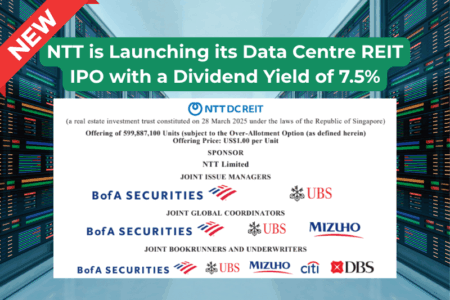China shares have been described by some experts as value traps, even as others say that they are a buying opportunity of a lifetime.
Unquestionably, China shares are ostensibly cheap. But are they cheap enough for us to brush aside the obvious risks and take the plunge now? To put it mildly, there are risks aplenty.
For a start, it is not easy to ignore global macroeconomic factors and geopolitical tensions.
For instance, the US Federal Reserve’s monetary policy decisions loom large.
A rate cut by the Fed, should it happen, could have a significant impact on the attractiveness of the US dollar and its assets. It could also affect international investments, including those in China.
Additionally, rising geopolitical tensions in the Middle East have created enormous uncertainty in global markets. And let’s not forget the war between Ukraine and Russia.
If we look around us, there are plenty of reasons to give Chinese shares a wide berth.
But true value investors say that only the fundamentals of a company matter.
Everything else should be irrelevant. So, geopolitical events are irrelevant; management acumen is irrelevant.
Prevailing economic conditions are irrelevant, as well as government policy.
What exactly, then, is a value share? What are the fundamentals that determine whether a share offers value? According to value investors, there are four main criteria. The price-to-earnings (PE) ratio is one; it should be below the market average. If, for instance, the PE of the Shanghai Composite Index is around 12, then any share below that could represent value. In fact, the lower the PE ratio the better.
The share should also pay a dividend. After all, we have no idea when the value of the share could be outed. A value investor will want to be paid to wait. In general, a dividend yield above the market average should be adequate.
Another criterion is debt. The companies that we are interested in should have no debt on its books. That rules out many Chinese property developers who are mired in debt.
Debt can be a killer. A company that doesn’t owe any money can never go bust. It might face difficulties. As long as it is generating cash, enough to pay dividends, it should continue to survive – provided it has no creditors.
The final criterion is the price-to-book ratio. This may be the most important of the four criteria. A value share should be trading below its tangible book value. Tangible is very important. It is not just total book value. The intangibles have to be taken out, too.
If a share can demonstrate the four criteria, then on paper it can be said to be a value share. An obvious question is: why does the market fail to recognise that the share represents good value? If, for instance, a share is trading at half its tangible book value, why does the share price not double overnight?
It is a very valid question. Every value share needs an outer. This refers to something or an event that allows the true value of the share to surface. This is where market sentiment can play a big role. If the drip, drip, drip of bad news about China persists, then there is little reason for the market to push up the share prices.
While the shares remain below their true value, the market is quick to label them as value traps. But here’s the thing, the term is often used by disillusioned value players. They buy a value share, and if the value isn’t outed, they call it a value trap. But can they possibly know that the value will never be outed? Consequently, a value trap is something of a derogatory expression from people who have just given up.
To be a true value investor, patience is paramount. Some people just don’t have it. They understand the value strategy, but they become disillusioned when the share doesn’t do what they want, when they want. A value share is a value share. The value will eventually become evident, as long as it hasn’t been evaporated by disappearing assets.
The upshot is that China is not a value trap, despite what some people might say. But it still pays to choose our value shares carefully, going by the criteria of cheap valuations, high yield, no debt, and a market valuation below book value.
The final ingredient is the patience of a corpse. But let’s hope it doesn’t take that long for the value to be outed.
Note: An earlier version of this article appeared in The Business Times.
Want to protect your child’s money from inflation? Transform your child’s ‘piggy bank’ into a ‘golden goose’ that keeps giving even until they have grandchildren. Our latest FREE report shows you a stress-free method and 3 superstar stocks that could protect your child’s money from inflation. Click HERE to get a copy of our latest guide.
Disclosure: David Kuo does not own shares in any of the companies mentioned.





